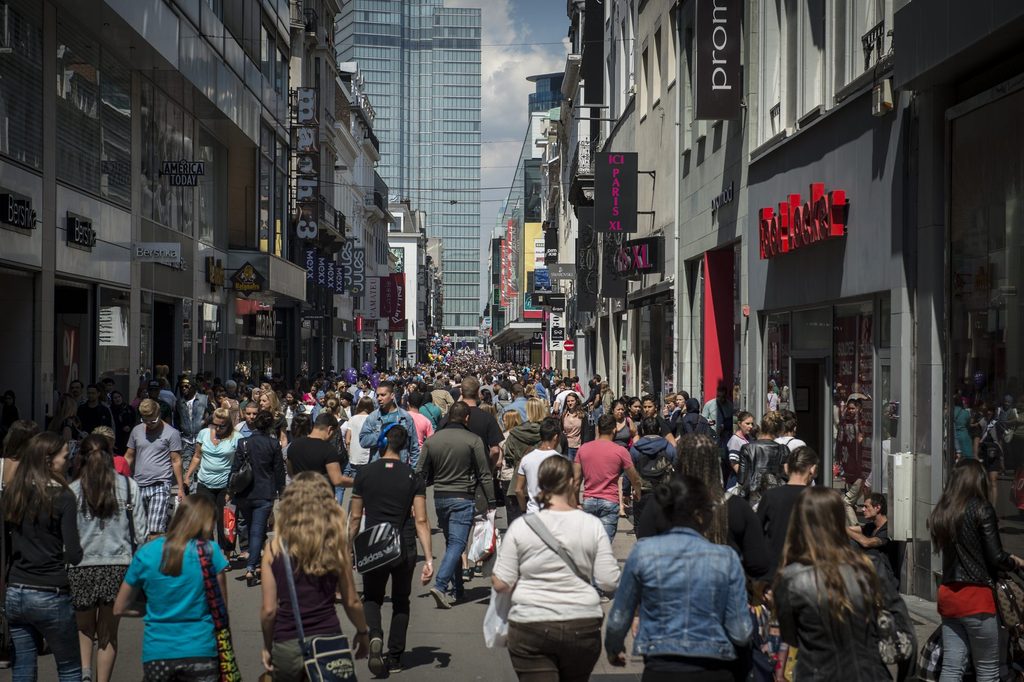After months of reductions, inflation has remained largely stable between June and July, according to data published on Friday by the Belgian statistics office Statbel.
In July, inflation remained almost completely unchanged at 4.14%, compared to 4.15% in June. Core inflation, which does not take evolutions in the price of energy and unprocessed foods products into account, stood at 7.88% in July, compared to 8.14% in June.
The main price increases recorded in July concern airline tickets, electricity, hotel rooms, natural gas, vegetables, fire insurance, organised holidays (within Belgium), restaurants and cafés, fish and seafood. Alcoholic beverages and liquid fuels, on the other hand, exerted a downward effect on the index.
Inflation for food products, including alcoholic beverages, reached 13.23% in July, against 14.43% in June. The contribution of food products to inflation is currently 2.56 percentage points.
Using Belgium's 'health index' – which is used to calculate wage indexation and which excludes harmful products such as alcohol, tobacco and motor fuels – inflation actually dropped from 5.02% in June to 4.8% in July.
Belgium's consumer price index rose this month by 1.03 points (0.81%).
In July, on the basis of the European Harmonised Index of Consumer Prices (HICP), a different metric to that used by Statbel, Belgium's inflation rate fell to 1.6% in June, down from 2.7% in May. This marked the first time in two years that Belgium's inflation rate fell below 2%.
Related News
- Annual energy bills €65 more expensive after energy island fiasco
- 'We are getting closer': ECB hikes interest rates to record high
- Belgium in Brief: Brussels cuts gas use but at what cost?
In the eyes of the European Union, this means that Belgium has the second-lowest inflation rate in Europe. But for many Belgians, it does not feel this way. High supermarket prices and difficult household finances mean that many residents are still feeling the pinch.
Last year, living costs in Belgium rose almost twice as fast as wages, leaving some households struggling to put food on the table. In July 2023, consumer rights organisation Test Achats found that supermarket prices were still too high, pointing to "greedflation" as the main cause.
Despite a drop in raw material costs, these savings had not been passed onto customers. In May, despite social upheaval and claims of high prices, supermarket chain Delhaize, like many others, posted bumper profits, with its first quarter net sales rising by over 9% to €21.62 billion.

